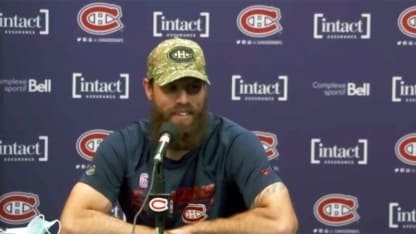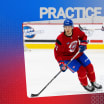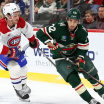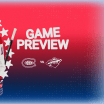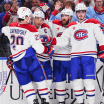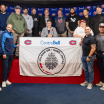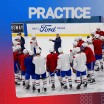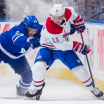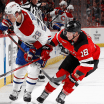PB:The process itself was quite challenging. We spent many, many hours on the phone talking through team calls. I think we were one of the few teams that on each call from mid-May, we were 15 or 16 guys on every single call. We had enormous participation from everybody, which was important for our group. A lot of guys care. This is our careers, and this is our lives, and those little rules changes are very important to us. Forget about the CBA stuff for a second, I think our team had a lot of health concerns that we voiced our opinions on. The NHLPA took to heart what we said, and I think it was important that they heard our voice. I think most of the guys on our team are happy with the deal, and it's certainly a bit better than what we had before. It's not a perfect deal by any means, but considering where the world's at right now and the economy, people losing jobs, people taking pay cuts, we're all pretty happy to be where we are and to be playing hockey for a living. I think we're tremendously fortunate for that opportunity and I think we're all pretty thankful for that. To be able to put on our jersey and play hockey and make people happy, it's a good feeling.

